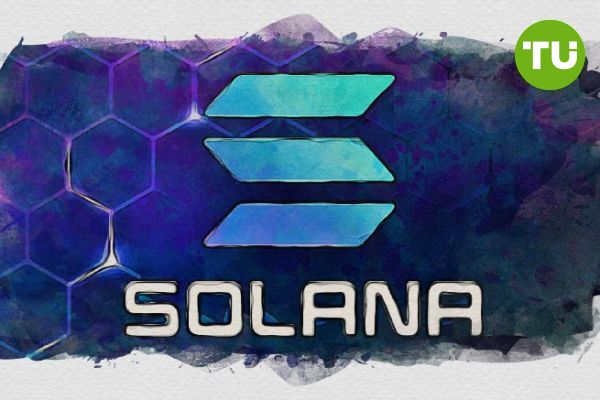Solana targets scalability gains with new hash system
 Solana improves scalability with the SIMD-0215 hashing system
Solana improves scalability with the SIMD-0215 hashing system
In an effort to address scalability issues caused by mass network usage, Solana developers have introduced a new hashing system called SIMD-0215.
This proposal aims to optimize how the network verifies and tracks user accounts, potentially enhancing the overall speed and efficiency of the network.
Key takeaways
- Solana developers introduced the SIMD-0215 system to improve network scalability.
- The new method allows each block to contain a hash of all accounts, not just the modified ones.
- Homomorphic hashing simplifies calculations by adding only the changed accounts without recalculating the entire hash.
- Accounts Lattice Hash may replace Merkle-based systems, increasing the efficiency of processing billions of accounts.
The proposal introduces a new hash, Accounts Lattice Hash, which uses homomorphic hashing to maintain a comprehensive hash of the total account state. Unlike current methods, this new system allows each block to contain a hash of all accounts rather than only the accounts that changed in that block. Additionally, this innovation removes the need for the Epoch Accounts Hash, a less frequent but resource-intensive process.
Loading...
Current challenges in Solana's account hashing
Currently, Solana uses two primary types of account hashes:
Epoch Accounts Hash: A Merkle-based hash that captures the state of all accounts but updates infrequently.
Accounts Delta Hash: A Merkle-based hash that records only changes made in a single block.
Both methods rely on sorting data and maintaining large intermediate states, which can become inefficient as the number of user accounts grows. This is why the Epoch Accounts Hash updates only periodically, while the Accounts Delta Hash processes incremental changes for each block.
Advantages of homomorphic hashing
Homomorphic hashing enables the computation of the total account state by gradually accumulating changes without recomputing the entire hash. Simply put, the hash for a new block can be derived from the previous block’s total account state hash by adding only the modified accounts.
Accounts Lattice Hash is built using a lattice-based homomorphic hashing function that simplifies and speeds up the process. By replacing Merkle-based systems with this method, the network could process billions of accounts more efficiently.
Impact on Solana’s growth
If implemented, this proposal could improve Solana’s scalability while maintaining security and speed. According to DefiLlama, the network has already demonstrated significant growth, recording $113 billion in trading volume across its decentralized exchanges (DEXs), surpassing Ethereum’s $78.9 billion.
Trading volume across DEXs. Source: DefiLlama
This proposed change reflects Solana’s commitment to remaining competitive in the ever-expanding blockchain ecosystem by improving scalability and user experience.
In addition, to strengthen its defense against future quantum computing threats, Solana previously introduced Winternitz Vault—an innovative solution designed to protect user funds from potential cryptographic breaches.













































































































































